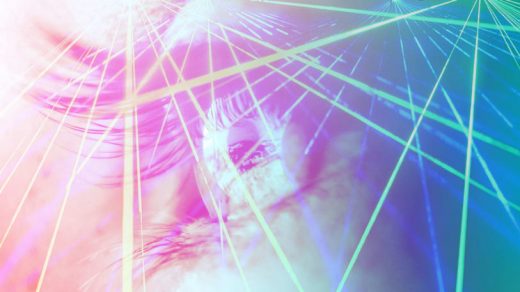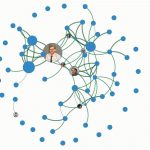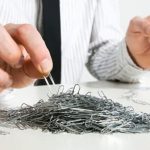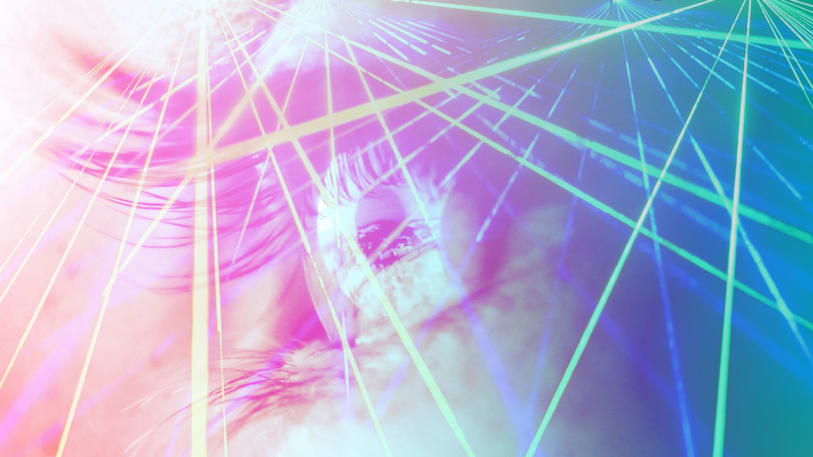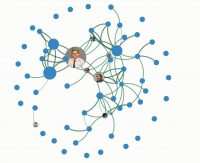Your Hunch Was Wrong: Intuition Isn’t Inborn After All
One reason we tend to think of intuition as a gift some people are born with is because of what it feels like to intuit something—you aren’t sure where your hunch is coming from, it’s just there. Some people have “great instincts” or just happen to be good judges of character; these traits are parts of their personalities, or so it seems.
But the more cognitive scientists understand about how our brains make decisions, the less this idea holds up. The cultural myth of “women’s intuition” is a nice way of saying that men are the reasonable ones while women just feel things. This sexist assumption was knocked down back in the mid-’90s with the development of the “cognitive style index,” which measures how people make decisions on a scale of intuitive to analytical, and found no evidence of gender-based tendencies in either direction. Two decades later, research continues to bear that out.
So where does intuition come from, if it isn’t innate? Like so many other things our minds do seemingly automatically, intuition appears to be learned. As we gain experience and expertise, we build up a foundation for making decisions intuitively. Here’s how.
How Your Gut Instincts Grow Up And Get Better
As we get older some (though not all) research suggests we become more intuitive. This makes sense; when you’ve been around the block a few times, you learn a thing or two. Older folks can be more intuitive simply because they’ve seen similar situations in the past, which lets them recognize meaningful patterns.
In other realms, we just call this expertise, not intuition. An experienced dermatologist who’s seen thousands of examples of moles has picked up on data—some of which she isn’t even consciously aware of—regarding which ones are concerning and which aren’t. She has a vast reservoir of both conscious and non-conscious information. So when she jumps straight to a conclusion that something doesn’t look right, her intuition is based on years of analytical learning—study, trial, error, feedback, and trying again.
Brain research suggests that intuition develops with practice as well. Games like chess offer a great case in point, as a team of Japanese scientists discovered in 2012. For chess players, a hallmark of mastery is no longer needing to think about each possible move and instead being able to grasp all the options just by looking at the board. It takes many hours of analytical study—learning the rules, experimenting, and so on—to get good at this, no matter how gifted a chess player you might be.
By working with study participants over several months as they learned Shogi, a Japanese game similar to chess, from scratch, the researchers were able to watch players’ brains transform. At first the players had to make decisions analytically, then they gradually learned to do so more intuitively. As their proficiency with intuitive decision-making rose, researchers saw increased activity in parts of the brain, including the caudate nucleus, that are involved in non-conscious, automatic processing. These regions are critical for expert-level knowledge—the kind that’s that is so well learned that we don’t need to consciously think it all through.
Some researchers have argued that activity in the orbitofrontal cortex—which sits near the eyes and is highly interconnected with parts of the brain involved in emotion—is key to representing the feelings that help us make decisions. Damage to this region has been shown to make it hard for people to develop a sense of the value of a given decision, even with practice. Despite gathering experience in a card game about whether the odds are in their favor, people with this type of brain damage still can’t judge whether a gamble is risky or not.
By contrast, people with an intact and functioning orbitofrontal cortex do get to a point where they have a feeling for what the safe bets are. So perhaps even that “gut feeling” that forms part of intuition may develop through experience and practice, too.
Want To Be More Intuitive? Get Analytical First
Understanding the intuitive brain points to some opportunities for becoming a more intuitive person, but it may mean shaking some myths and misconceptions first. For one thing, intuition doesn’t develop from going with your gut when you have nothing to base it on. Certainly some people do that, but relying on instinct before you have any experience is just reckless. All the money lost by novice investors who bought stocks because they “had a good feeling” about them is a testament to this fact.
Counterintuitively (there’s really no better word for it in this case), intuition comes after working through thoughtful, analytical problem-solving. This way, by gathering experience over time, you’ll no longer need to be so analytical—you’ll simply have the expertise (think of the dermatologist). It’s like learning to play a difficult song on a musical instrument. You start slowly, paying close attention to each transition, focusing on the details, giving it lots of study and practice. Eventually, with repetition over time, it becomes second nature.
Whether you want to be more intuitive about sizing people up, making emotional connections, evaluating business decisions, playing chess, cooking, or any number of skills, you probably can be. The secret is practice.
(27)

